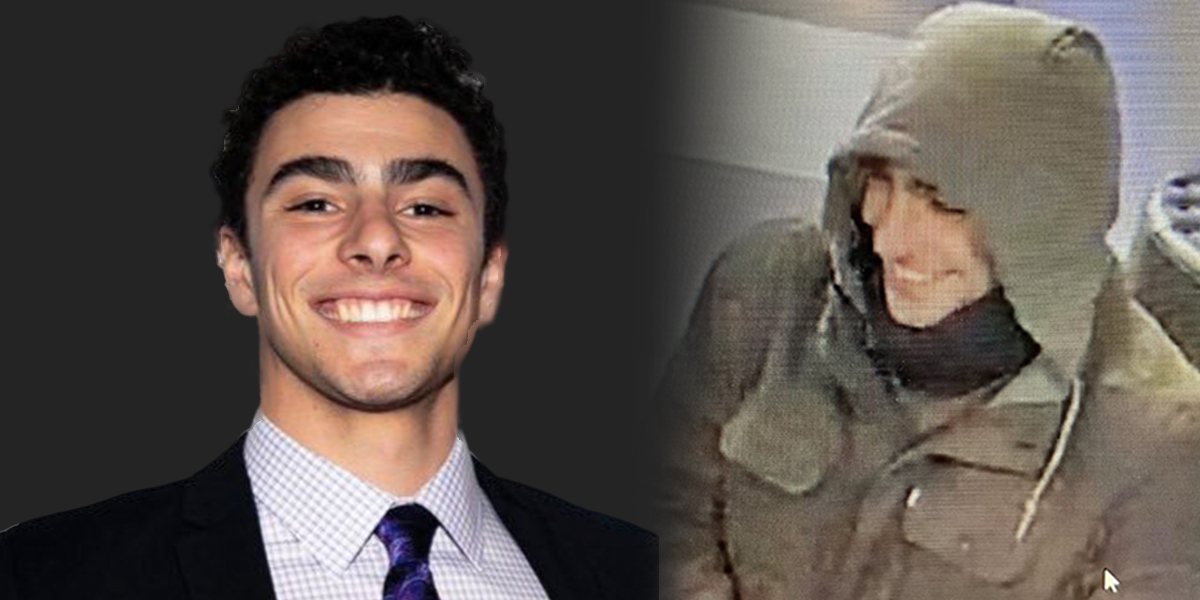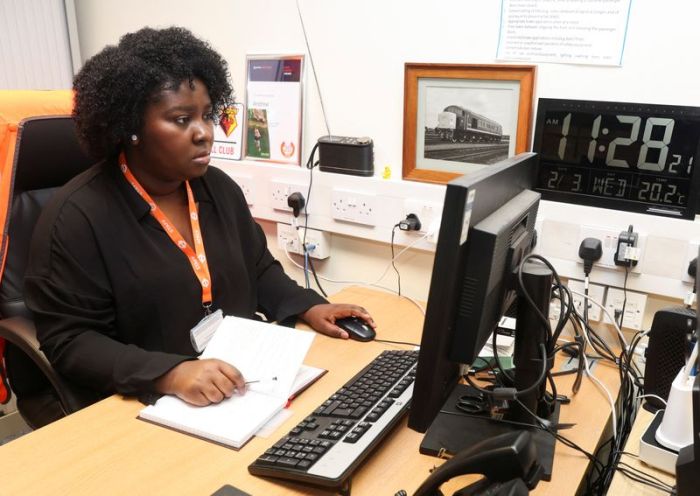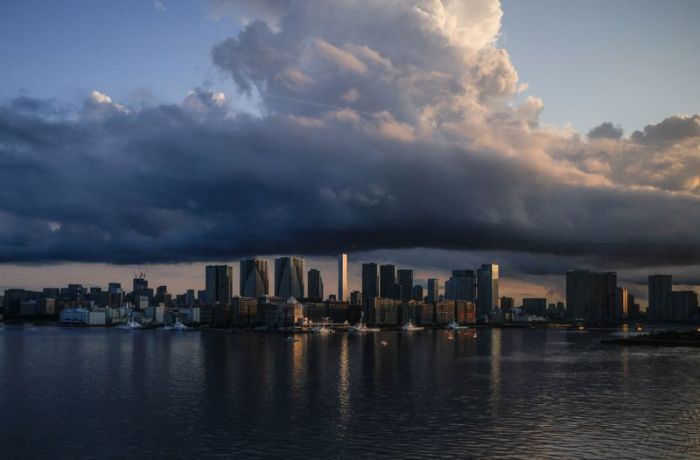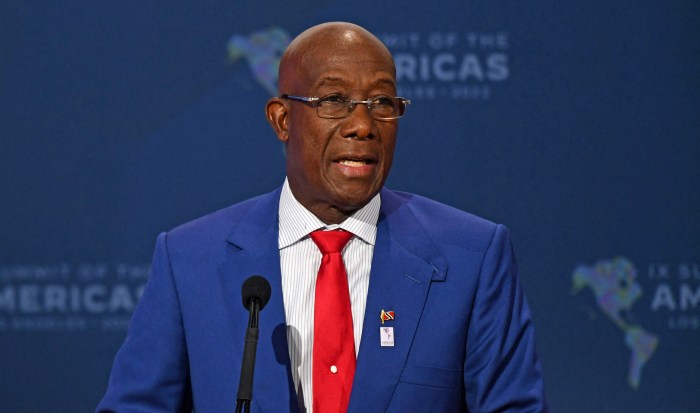PRZEMYSL, Poland (Reuters) – Eastern Europe braced for a surge of refugees from shelled towns and cities in Ukraine on Thursday as fighting following Russia’s invasion intensified and the United Nations said more than 2.3 million people had now fled the country.
Ukraine had hoped to start evacuating civilians through seven “humanitarian corridors” on Thursday, a day after it said a children’s hospital was hit in a Russian air strike on the southern port city of Mariupol, where thousands are pinned down without access to water, medicine or food.
But Ukraine’s foreign minister said Moscow had refused during talks on Thursday to guarantee humanitarian access to rescue civilians trapped under bombardment.
Both sides have blamed the other for the failure of previous evacuation attempts. Russia has dismissed the bombing of the hospital as “fake news”. The regional governor said 17 people were wounded.
“We’ve only seen the beginning, unfortunately, and I think there will be many millions more,” European Union Home Affairs Commissioner Ylva Johansson told Swedish radio.
Valera, a carpenter in his 50s and one of the few men to enter from Ukraine where those of conscription age are generally obliged to stay, watched nervously as his daughter Anna was carried on a stretcher at a crossing point into Poland.
It was two days since they left Ukraine’s second largest city Kharkiv, where Anna, 24, who has cerebral palsy, broke her leg as they rushed to a bomb shelter.
“There is positional fighting during the day, air raids in the evenings, they are shelling from everything, fighter aircraft,” he said, declining to give his full name. “The centre (of Kharkiv) is ruined, the outskirts have already been bombed.”
He and Anna are headed for Dresden, Germany, where another daughter is waiting.
Authorities and volunteers across central and eastern Europe have spent the past two weeks scrambling to provide food, accommodation and medical aid to the many thousands of refugees pouring across their borders.
“We’re getting ready for refugees from the war zones,” said Witold Wolczyk from the mayor’s office in Przemysl, a town just west of Poland’s Medyka border crossing, which has become a major transit hub for refugees.
“We have psychologists on the spot. They have not been that busy so far. If it turns out we need more professionals to help traumatised people, we will look for them.”
‘KHARKIV IS GONE’
The Polish Border Guard said on Thursday that 1.43 million people had entered the country from Ukraine since Russia invaded its neighbour on Feb. 24. President Vladimir Putin has said his “special military operation” aims to “de-nazify” Ukraine, a position dismissed by the West as baseless propaganda.
Nearly 350,000 people have crossed into Romania from Ukraine while well over 150,000 have reached Slovakia and Hungary, local statistics showed.
Nadezda, a 48-year-old woman from Kharkiv who declined to give her surname, walked into Poland on Thursday, looking to join her two daughters who had already made it across.
“We will try to settle somehow, see what’s available and try to live,” she said as she came away from the Medyka crossing, hobbled by a broken heel and clutching two small bags.
Refugees’ hopes of being able to return home one day have been fading with each day of the invasion. “Kharkiv is gone, half of the city has been destroyed, there’s nothing to come back to,” Nadezda said.
Authorities and NGOs in Poland have voiced concerns that vulnerable refugees could fall victim to crime, including passport theft or attempts to force them into begging, stealing or prostitution, and have set up a 24/7 helpline advertised on posters at refugee reception centres.
Irena Dawid-Olczyk, who heads the Warsaw-based NGO La Strada which fights human trafficking, said prevention was key.
“So far there are no confirmed cases of human trafficking. But we do expect that in a month or so, bad things will be happening and dishonest employers will try to use the situation,” she told Reuters.
“I’m not afraid that people will suffer here, but rather that people will be moved on to Western Europe. We are in crisis, so an orphanage in sunny Spain may sound good, but it may be a trap.”
While the majority of Ukrainian refugees have crossed to Poland, many arriving in Romania first enter via non-EU Moldova, one of Europe’s poorest countries, where conditions are grimmer.
At the border crossing of Palanca, women and children trudged through mud, stamping their feet and huddling in blankets to try to keep out the cold. Many were shivering. Tents set up to offer some shelter had no heating.
“We’re from Mykolaiv and the situation is very bad because the Russian army crushed our city,” one man, Volodea, said as he sat in a bus awaiting departure.
(Additional reporting by Olimpiu Gheorghiu in Palanca, Moldova, Gwladys Fouche in Oslo, Johan Ahlander in Stockholm, Alan Charlish in Warsaw, Luiza Ilie in Bucharest, Branko Filipovic at Siret border crossing, and Jason Hovet and Robert Muller in Prague; Writing by Niklas Pollard; Editing by Raissa Kasolowsky and Mark Heinrich)





























